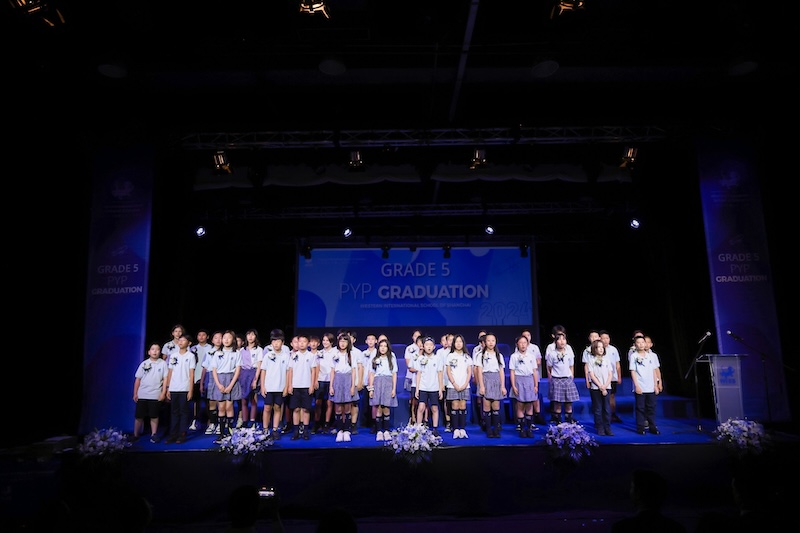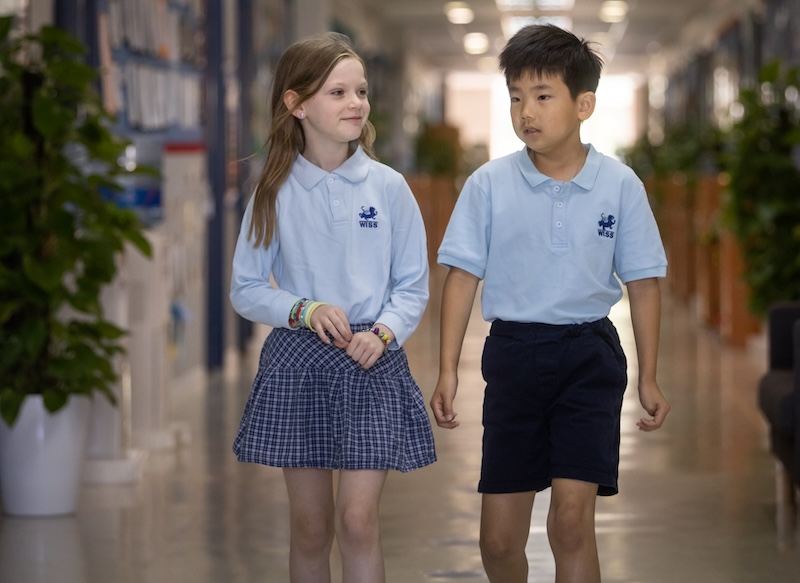Summer holiday learning: top tips from Western International School of Shanghai
Posted on 28th Aug 2024 in School News, China
Summer break, while being a wonderful time for children to unwind and rejuvenate, also presents a unique opportunity for learning to continue outside the traditional classroom. There are several fun and engaging strategies to support primary students with summer learning opportunities.
Maintaining a regular reading habit is essential for students to maintain their reading progress. A visit to the local book shop or even library can allow children to choose books that interest them. Creating a summer reading list with books that align with their interests and reading abilities can also be beneficial. Discussions about the stories, characters, and themes will improve their reading comprehension and critical thinking skills.
Promoting writing as a fun activity can also be useful. Children could keep a summer journal, write letters or emails to friends or family members, or even create a comic strip. Writing a story or a brochure all about the places they visit is another way for them to be inspired to write about their surroundings. This not only enhances their writing skills but also fosters creativity and expression.
Maths can be incorporated into everyday activities. Cooking or baking together can help children practice measurement and fractions, and shopping can provide a good opportunity to learn about money, budgeting, and calculation.
Exploration of the natural world can spark curiosity about science. Nature walks, gardening, or even observing the weather can encourage children to ask questions, make observations, and learn about different plants, animals, and natural phenomena.

Engaging in activities that help children learn about their community and the wider world can be beneficial. This could involve visiting local museums, participating in community events, or learning about different cultures and countries.
Ensuring children remain active is critical. Regular exercise promotes physical health and improves concentration and mental well-being. This could be as simple as playing in the park, joining a local sports team, or taking up a new hobby like dancing or swimming.
Creative pursuits should also be encouraged. Whether it’s painting, playing a musical instrument, or building something from recycled materials, creative activities foster imagination, problem solving, and fine motor skills.
Remember, the goal of summer learning is not to replicate the school experience but to provide diverse, engaging, and enjoyable learning opportunities that cater to a child’s interests and abilities. By offering support and encouragement, parents and caregivers can help children maintain their learning momentum while still enjoying their summer break.